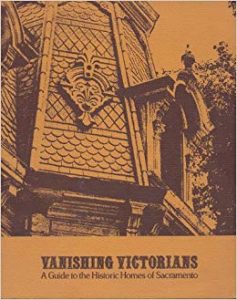 The 1970s, a “pivot of change in global history,’’ focused on economic upheavals, political awakening, and women’s rights.
The 1970s, a “pivot of change in global history,’’ focused on economic upheavals, political awakening, and women’s rights.
The oil crisis caused an economic recession, stagflation emerged, and Keynesian economic theory and practice was replaced with neoliberal economic theory favoring free-market capitalism.
The United States withdrew its forces from the Vietnam War. In 1979, the Soviet Union invaded Afghanistan. Violence in the Middle East increased.
Nationally the 1970s saw the resignation of President Richard Nixon on August 9, 1974, when he faced Watergate charges.
The “Me Decade,” coined by author Thomas Wolfe, described a new attitude of Americans toward atomized individualism. This phrase became a descriptor for the 1970s.
Television programming reflected trends, with programs such as “All in the Family,” “Soap,” and “Saturday Night Live.” In 1970, Germaine Greer published The Female Eunuch.
Fashions and fads included bell-bottom pants, polyester leisure suits, mood rings, lava lamps, Mohawk hairstyles, and pet rocks.
Sacramento debuted the Dixieland Jubilee in 1974 and established the Sacramento Metropolitan Arts Commission in 1977.
Disturbing events included the attempted assassination of President Gerald Ford in front of the state Capitol on September 5, 1975, by Charles Manson follower Squeaky Fromme, and the ongoing fear caused by the East Area Rapist whose attacks brought a sense of anxiety to the area starting June 18, 1976.
The Sacramento area population grew to 768,502 by the end of the decade. The Sacramento Branch of the AAUW grew in membership to 1,150.
Two AAUW driving forces were ERA support and encouragement for women’s leadership. Activism included coastal study and studies on transportation, light rail, air quality and nuclear energy.
Education was the focus of new state legislation, and the Branch studied and supported proposed bills.
An outstanding Branch achievement was researching and writing Vanishing Victorians, A Guide to the Historic Homes of Sacramento, published in 1973. The book received “Award of Merit” from American Association of State and Local History.
Newcomers’ get acquainted coffees welcomed new members and informed them of branch offerings. Campaign Brunches offered opportunities for all members to get acquainted.
Two-week summer preschool programs were offered for 3- and 4-year-old children.
Capital Puppeteers performed the dental hygiene puppet show at local elementary schools and celebrated its 25th year October 1972.
New interest sections included Readers’ Theater, French, Italian, Fun and Games, Brown Bag, and Singles.
Two-year Study topics included Economic Facts of Life, Living With Less, Society and the Individual, Conformity vs. Creativity, 21st Century Deciding Now, Women as Agents of Change, Politics of Food, and Redefining the Goals of Education.
A 5-minute radio program “Viewpoint” aired on various topics.
The monthly Branch newsletter became “Capital Ideas.”
